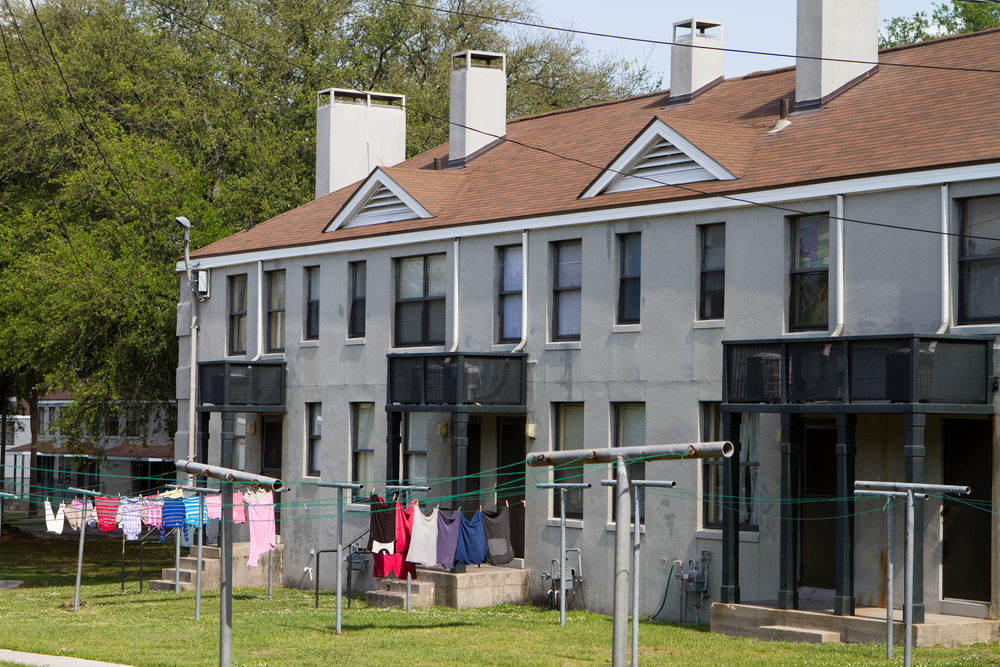Tens of thousands of low-income households could face less stable housing situations as a result of a funding bill for the Department of Housing and Urban Development that recently cleared a key Senate committee, the Center on Budget and Policy Priorities (CBPP) warns.

The Senate Appropriations Committee approved a fiscal year 2018 funding bill for HUD and the Department of Transportation that would direct $45.5 billion to HUD programs, a $1.9 billion increase from the previous year. The measure also outlines $1 billion to renew Housing Choice Vouchers, $691 million for section 8 project-based rental assistance and $100 million for public housing operations.
Douglas Price, a senior policy analyst for CBPP, wrote in an op-ed published on Tuesday that the committee-approved funding bill was a “huge improvement” from President Donald Trump’s budget proposal, but increases in Housing Choice Voucher funding may not be enough to keep pace with rising housing costs.
“Still, the bill’s funding for Housing Choice Vouchers may not be adequate to renew all vouchers now in use,” Price wrote. “The bill’s $19.4 billion for voucher renewals is 2.4 percent above the 2017 cost of renewing all vouchers in use, according to HUD’s estimate. But we estimate that another $550 million above the Senate level will likely be needed, after adjusting for expected rental cost inflation, which recent data suggest is rising at well over 3 percent per year, as well as the cost of new vouchers that policymakers recently funded and must be renewed for the first time in 2018.”
The funding bill would take “modest steps’” to reduce veteran homelessness by allocating $40 million for 5,000 new Veterans Affairs Supportive Housing (VASH) units, Price adds.
“Before completing a final 2018 funding bill this fall, policymakers should reassess voucher renewal funding requirements in light of updated program cost data and adjust voucher funding to renew every voucher that a low-income family is using this year,” Price concluded.